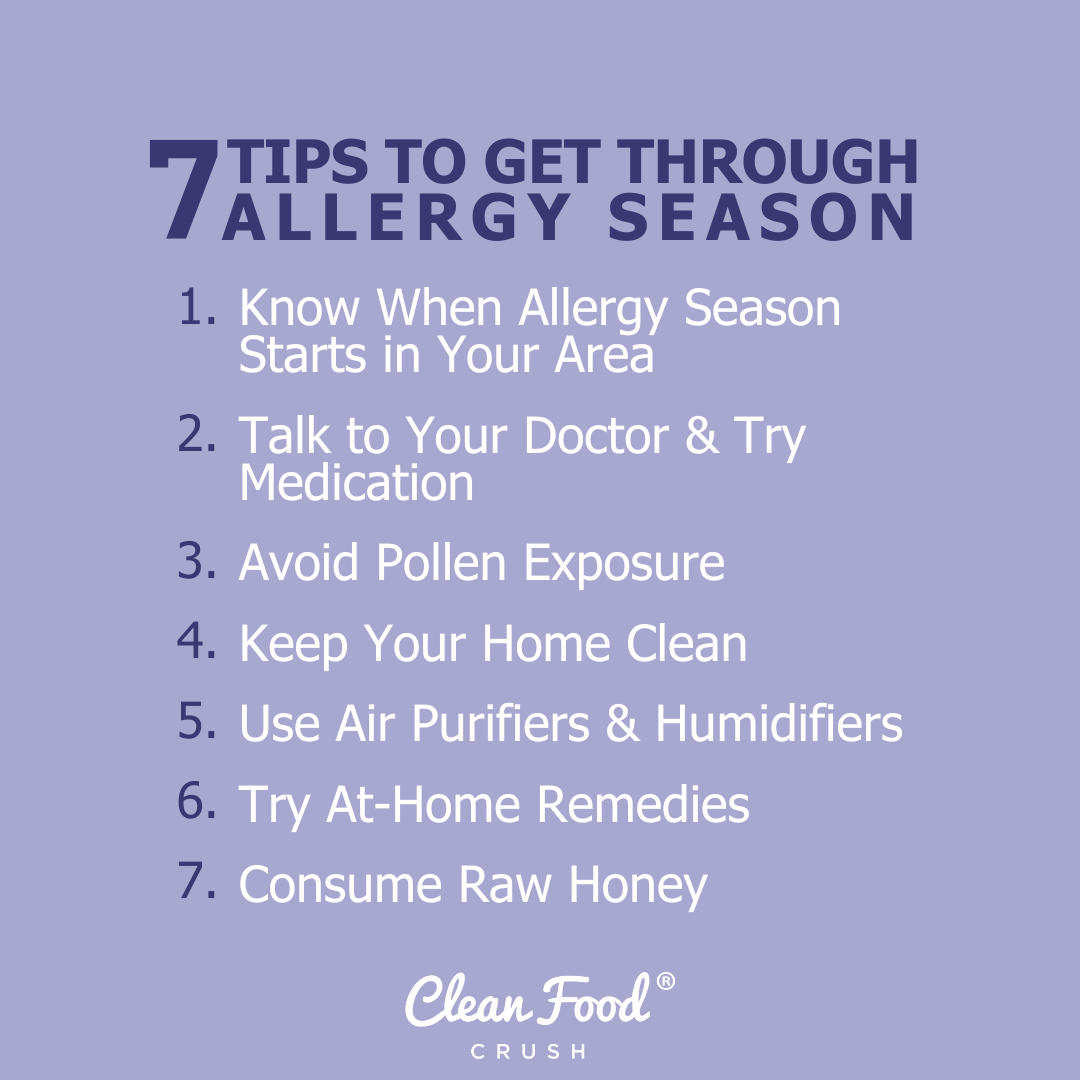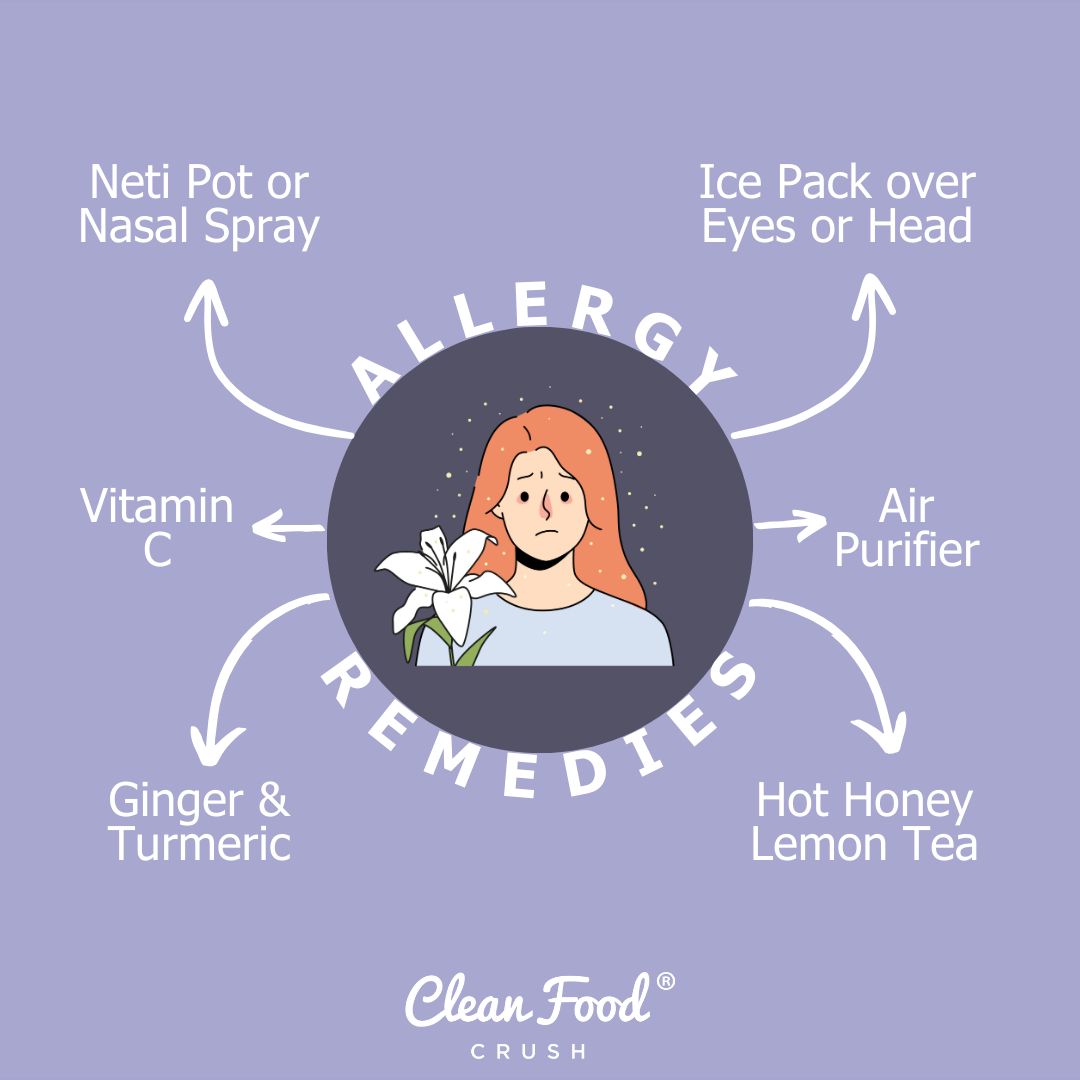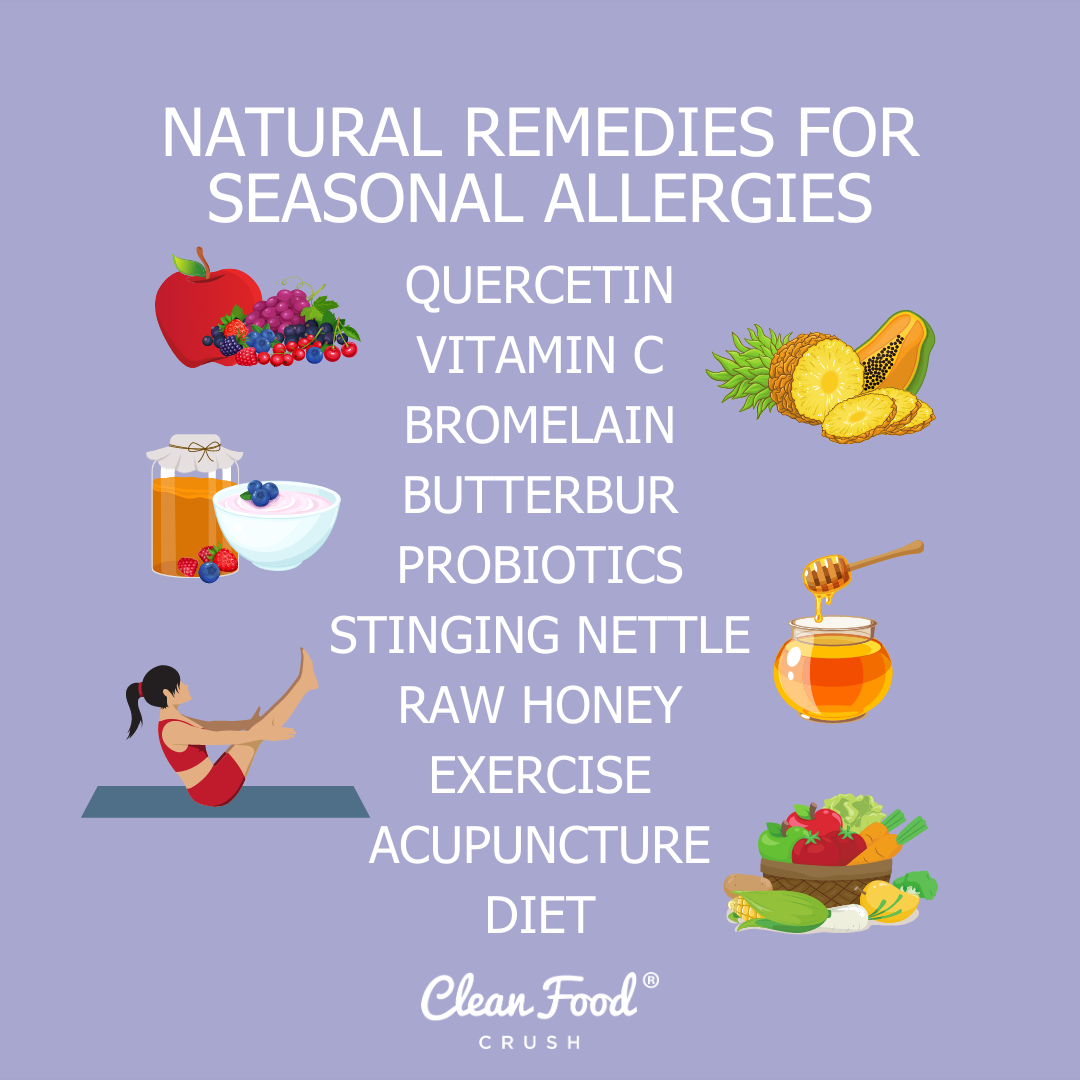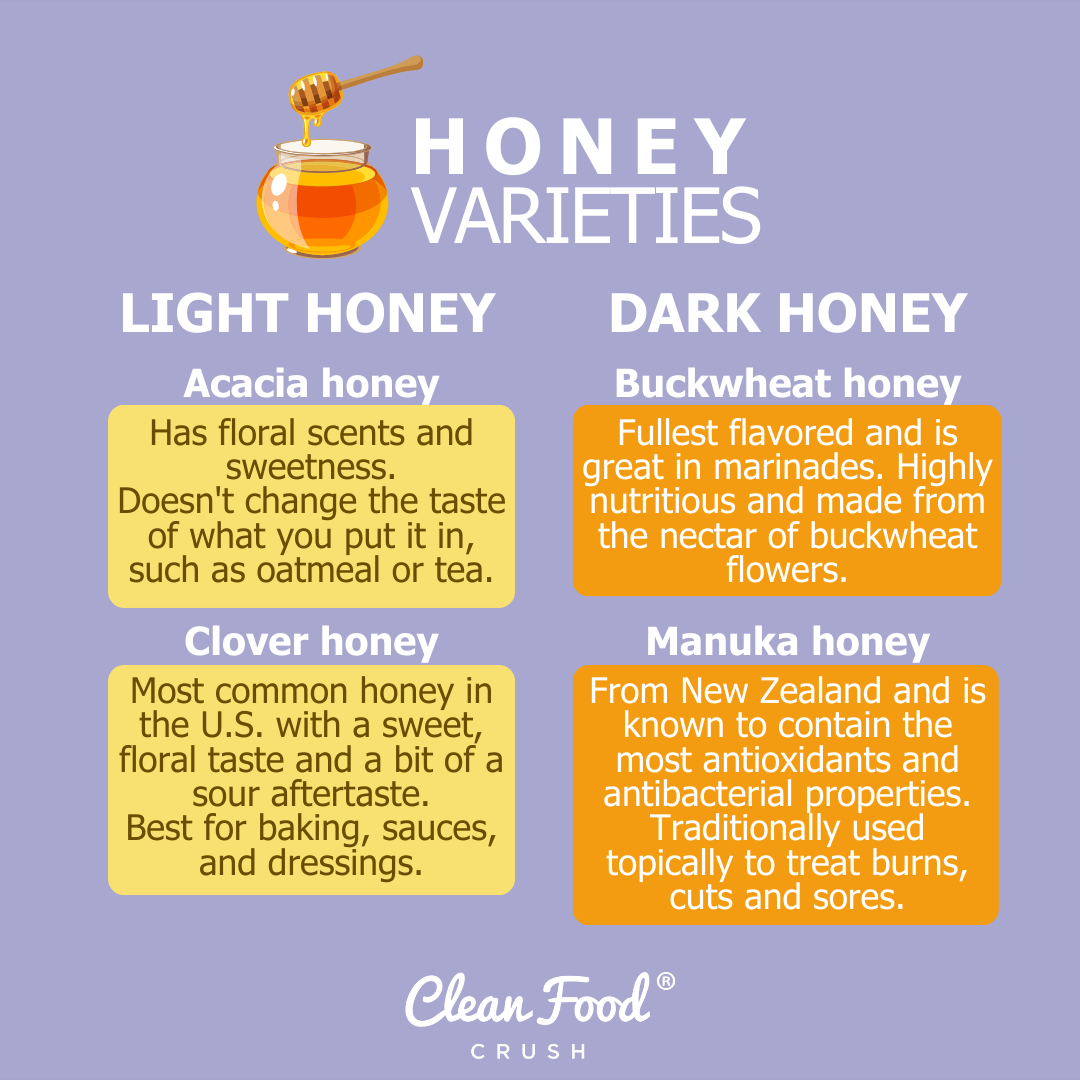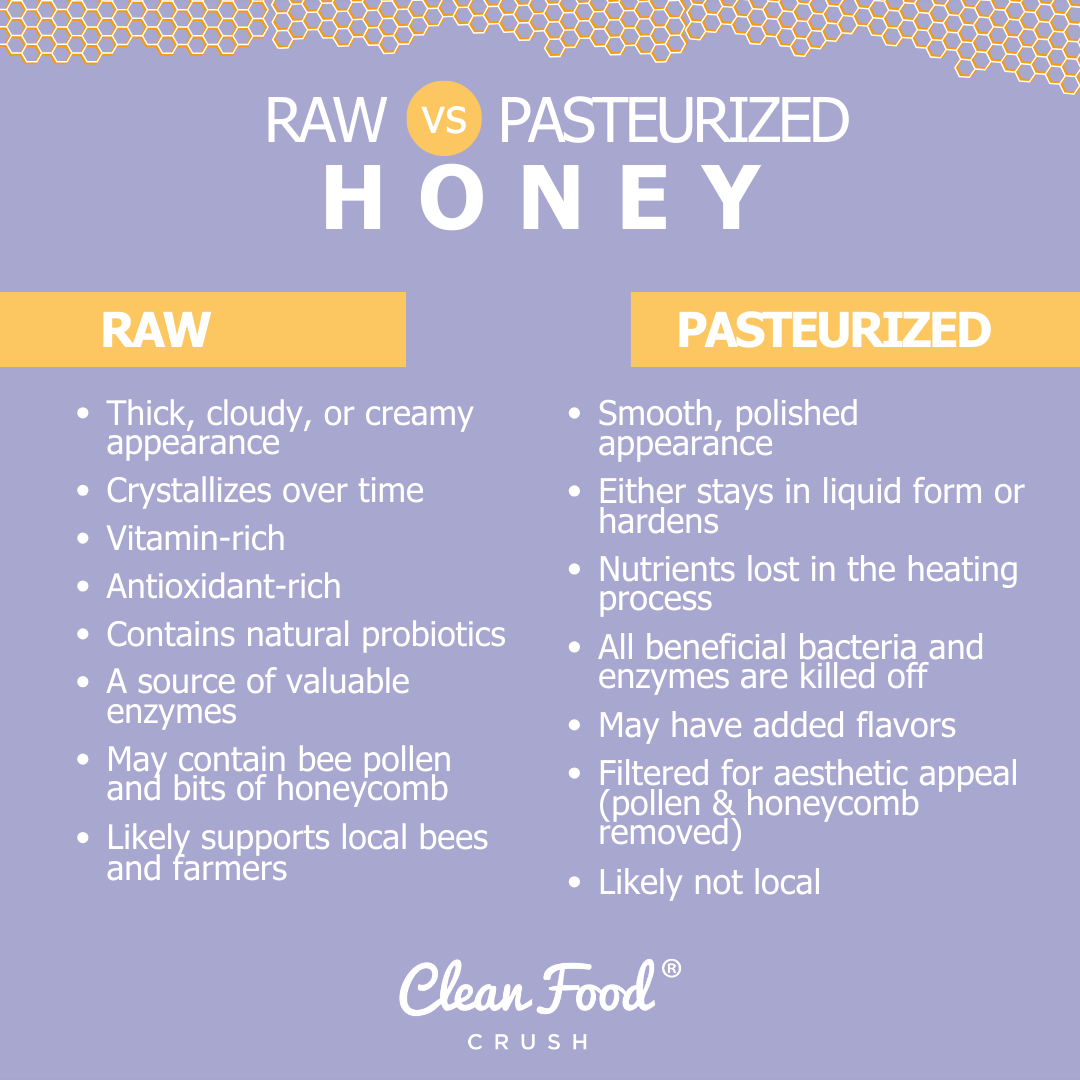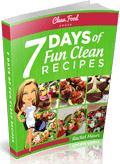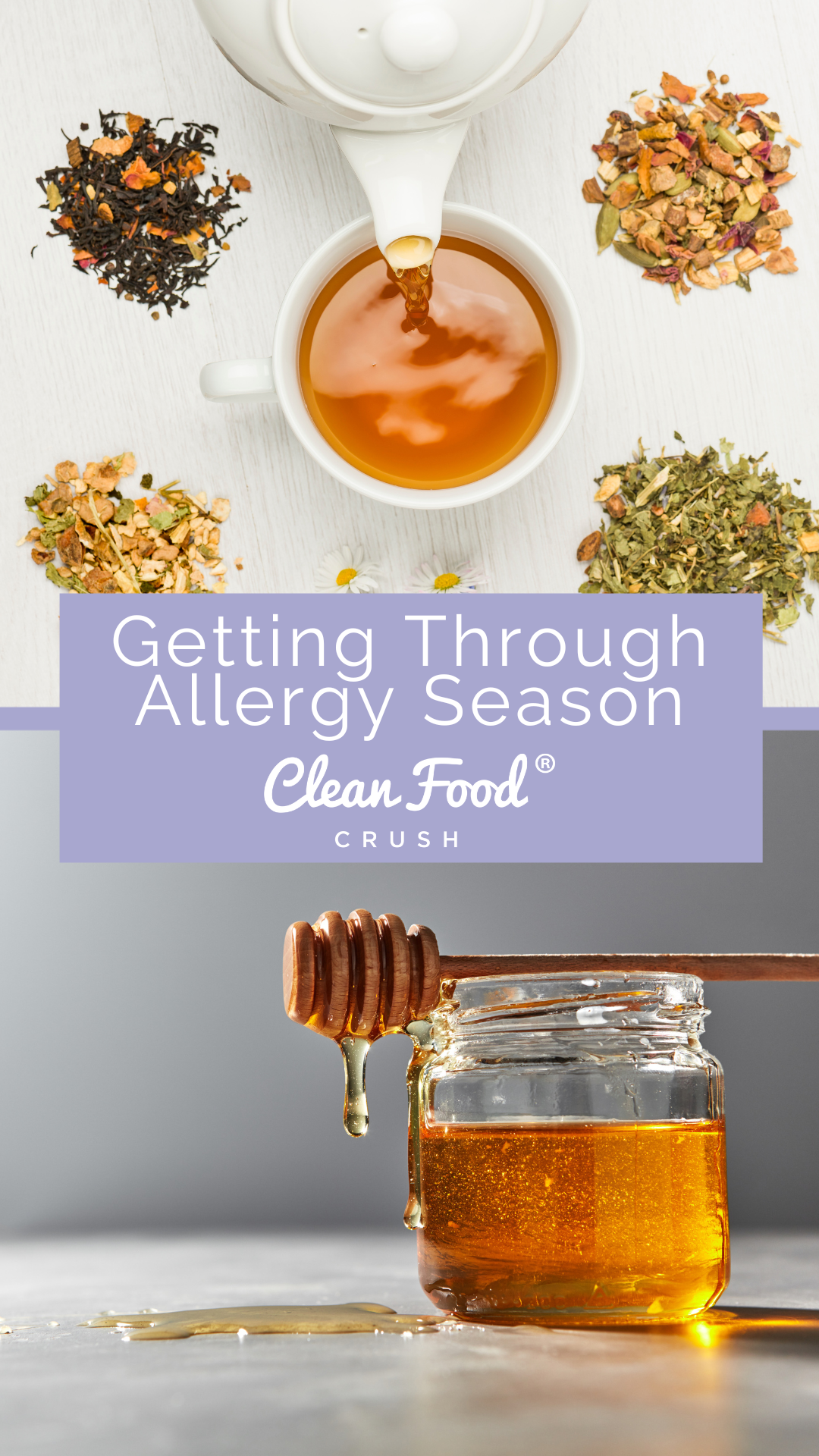

Getting Through Allergy Season
Spring, specifically March through May, is often the worst time of year for those of us with seasonal allergies.
The pollen count is high, the grass is growing, and trees are blooming, which all cause your body to overreact and try to clear your body from these foreign substances it mistakes for harmful germs.
Allergies are miserable. Instead of enjoying the nice weather and outdoor activities, you’re stuck inside, suffering from some of the many symptoms seasonal allergies, or hay fever, can cause.
Possible symptoms of allergies include:
-
Cough
-
Headache
-
Sneezing
-
Itchy throat
-
Watering and itchy red eyes
-
Red and swollen eyes
-
Itchy and running nose
-
Nasal congestion
-
Tiredness/poor sleep
-
Drainage in the throat







